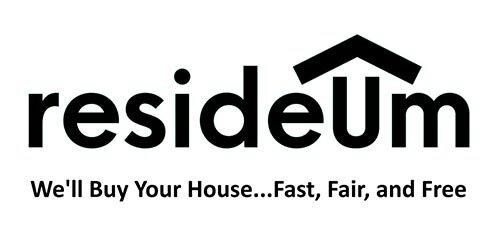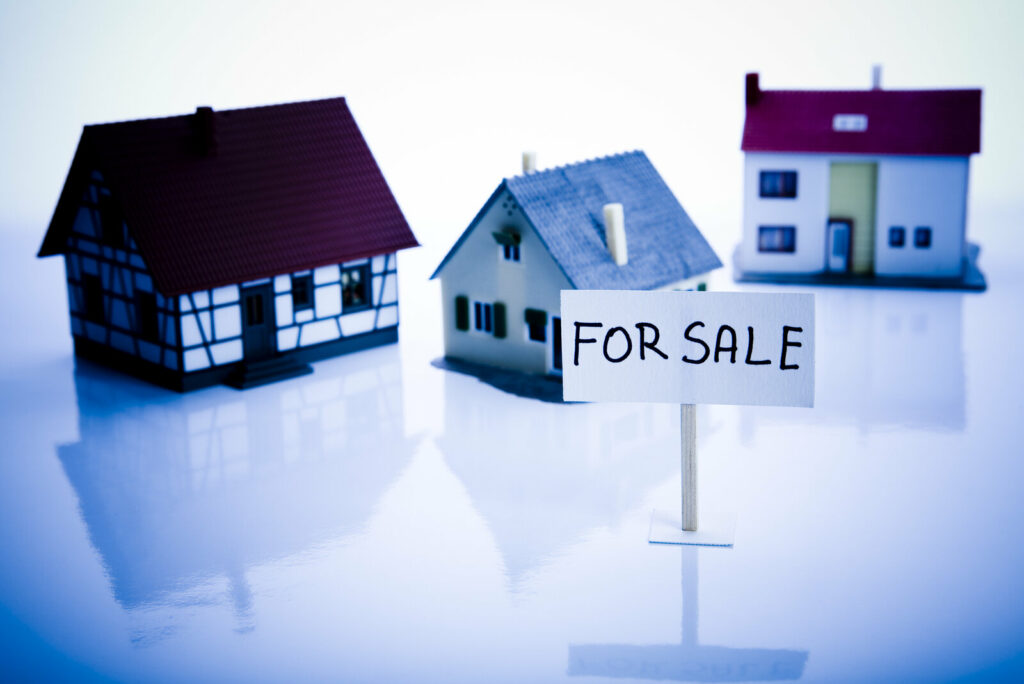
Selling a house is a big deal. It takes time, usually involves multiple parties, and definitely involves large amounts of your money.
If you are selling a house that is in good condition, the prospect of selling the house is quite high. Buyers want nice houses that are in good condition. Buyers will pay full retail for a house that is in good condition.
But what if your house is not in good condition? Can you sell a house that needs repairs? Do you have to repair the house before you sell it? Who will buy it if you don’t repair anything?
Let’s examine the options you have for selling your less-than-perfect house so you get the most money possible in the least amount of time. We’ll cover these topics, and more:
- What you need to get from selling your house.
- Who will buy your house in its present condition?
- How to sell a house in any condition, no matter how bad it may be.
- Should you repair or renovate your house before you sell? If so, how much?
Assess The Condition of the House
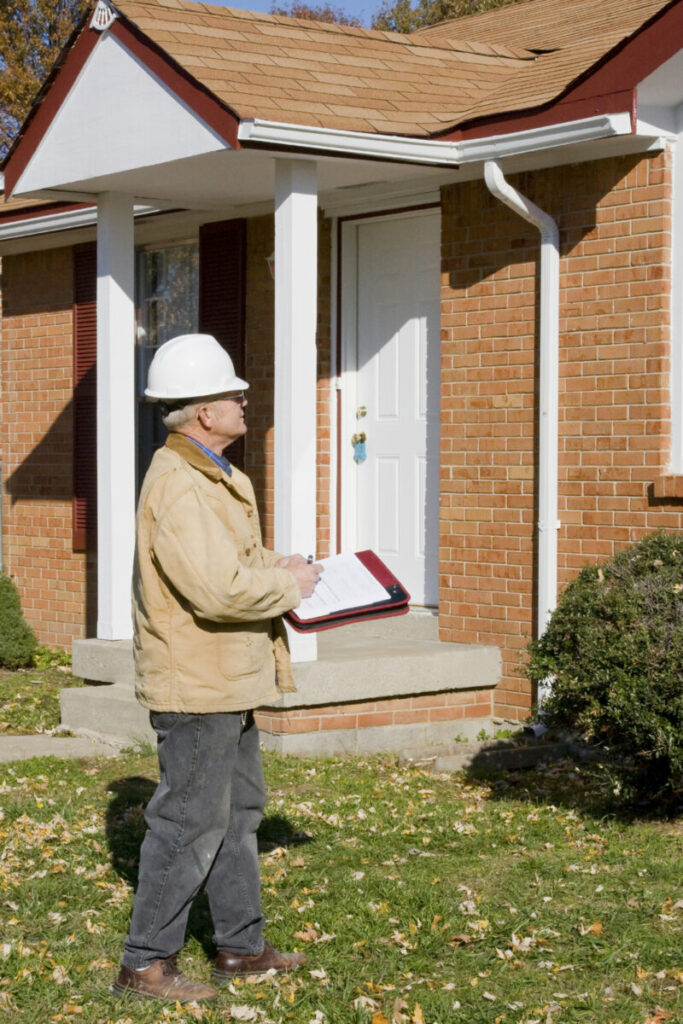
If you think your house needs repairs, one of the best steps you can take to understand the condition of your house is to get your own home inspection. By hiring a home inspector to give you full details about the issues in your house, you can decide what, if any, repairs you want to make to the house before you place it on the housing market. You can get estimates for any work that needs to be done and determine if you are dealing with minor repairs or major repairs.
Also, by having your own inspection, you can be completely transparent with house hunters, and disclose everything before they start trying to negotiate your price down. If you don’t plan to make the repairs before you sell, you can adjust your sale price down to offset the cost a buyer will need to pay to repair the issues. For example, you might put in your listing information that you are providing an “air conditioning allowance of $5,000” if you know the downstairs air conditioner needs replacing, or you can note that the price has already been adjusted for the needed repairs. These seller concessions will help your property sell faster since you are setting a realistic asking price.
Determine Your Needs
In addition to assessing the condition of your house, you will also benefit from assessing your personal needs. Before you decide how you will sell a house that requires repairs, you should ask yourself a number of questions:
- Do you need to sell the house quickly?
- Do you need to get the absolute highest sales price possible for the house or will you accept less to offset the repair issues?
- Do you have money to spend on repair and renovation work?
- Do you owe more on the house than it is worth?
- Where will you live once you sell? Can you move out quickly if the buyer needs you to?
- Do you want to use an agent or do you prefer to sell it yourself?
- Do you want to do any of the repairs yourself?
These questions will help you determine what you need to get in terms of these three main factors:
- Price – Your selling price.
- Speed – How quickly you need to sell.
- Convenience – How easy you want the sales process to be.
For example, if you want to get the maximum price for the house, you will probably need to allow more time to find just the right buyer who is willing to pay top dollar. On the other hand, if you are more concerned about selling quickly and you don’t want to be bothered with lots of people traipsing through your house with their agent, then you will need to consider selling to an investor or all-cash buyer.
To Repair or Not to Repair
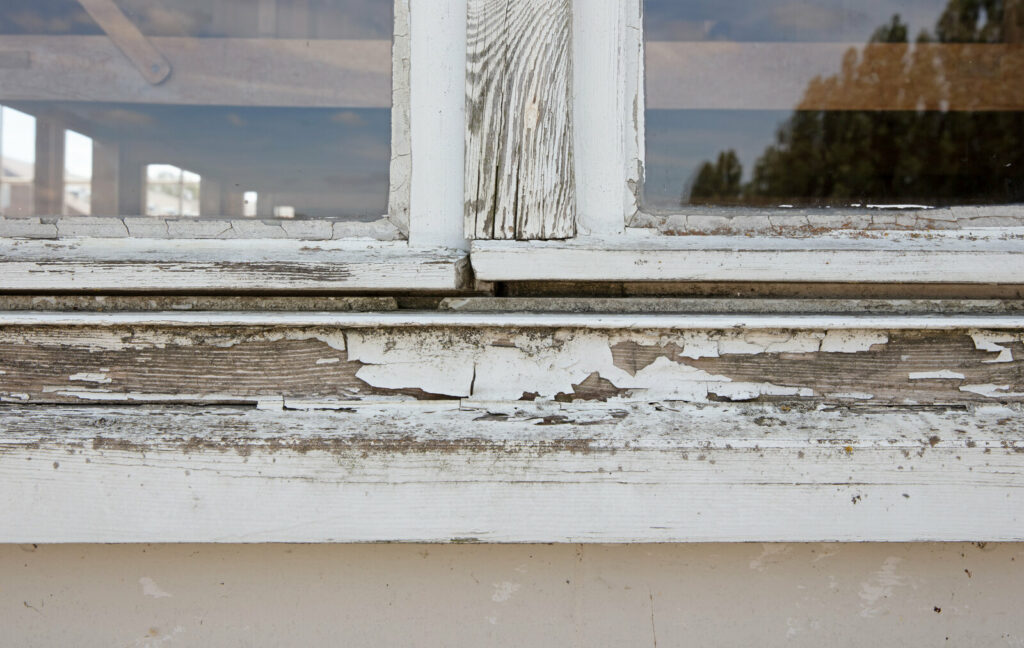
Homeowners who are contemplating selling their house nearly always want to know how much repair work they should do to a house before they put it on the market. They want to know if the money they spend on repairs will return to them when they sell. Are some repairs better than others? Are some repairs absolutely necessary? Can you sell as-is, without doing any repairs whatsoever?
The needs assessment you did above will help guide you when deciding how much to do or not do. If you care more about selling quickly than you do about maximizing your sale price, you can do little or no repairs. But if you want maximum dollars, you’ll need to do some repairs.
Some buyers will purchase your house as-is, and if your house is in really bad shape, finding an “as-is buyer” may be the best way to sell the house. Ultimately, the condition of the house at the time you put it up for sale will determine the type of buyer you will attract (or the type of buyer you may have to settle for). We talk about the various types of buyers later in this article.
Here’s a general guideline regarding what repairs to make: If something is broken, fix it. If something is dangerous, fix it. If something is an easy, low-cost quick-fix, fix it.
Unless you are selling a house that was hit by a tornado or damaged by fire, retail buyers will expect a house to be livable and in fairly good condition. Every house will have a baseline of livability, functionality, square footage, etc. that buyers expect to find in a particular area or neighborhood. If your house falls below that baseline you will likely get less money for your house.
Categories of Updates You May Make to a House
There are several types of updates you can make to a house. We list them from most expensive to least expensive. The least expensive type of update (cosmetic repairs) are also the easiest, and almost any homeowner could do them without outside help. Consider taking these on as the bare minimum you do before selling.
Renovations/Remodeling/Upgrades – $10,000 to $100,000+
This category has the potential to be the most expensive house update. Think “new kitchen” or “finished basement.” This isn’t just a new toilet or a light fixture replacement. This is a full-blown upgrade to the house. Major renovations could easily be $50,000 to $100,000 or more. The sky is the limit based on what a homeowner wants to put in their house.
Now, here’s the good news for your wallet if you haven’t done any remodeling yet: There are essentially no remodeling/renovation projects that will pay you back 100%. In other words, if you spend $20,000 on a bathroom upgrade, when you sell the house you might be able to sell the house for $16,000 more. But you won’t be able to sell it for $20,000 more. So, save your money and all the aggravation of hiring a contractor and do not do those renovations if you are planning to sell soon. On a very rare occasion, you might get more than you spend on renovations, but that might happen one time out of a hundred.
Renovations are for you to enjoy. If you plan to live in a house for a while and you want a better kitchen, then spend the money. But you should do so with the full knowledge that you will not get 100% of your money back when you sell the house.
Trying to guess what renovation the next owner might like is a complete waste of time and money. The colors and fixtures and finishes that you choose will be ones that you like. There’s no guarantee anyone else will like them. Even if the next buyer does like them, the likelihood that they will care about them as much as you do is almost zero. Your design choices may even turn off potential buyers, killing any chance of a sale.
So, save your money and time and leave the big remodeling projects to the next owner.
Major Repairs – $10,000+
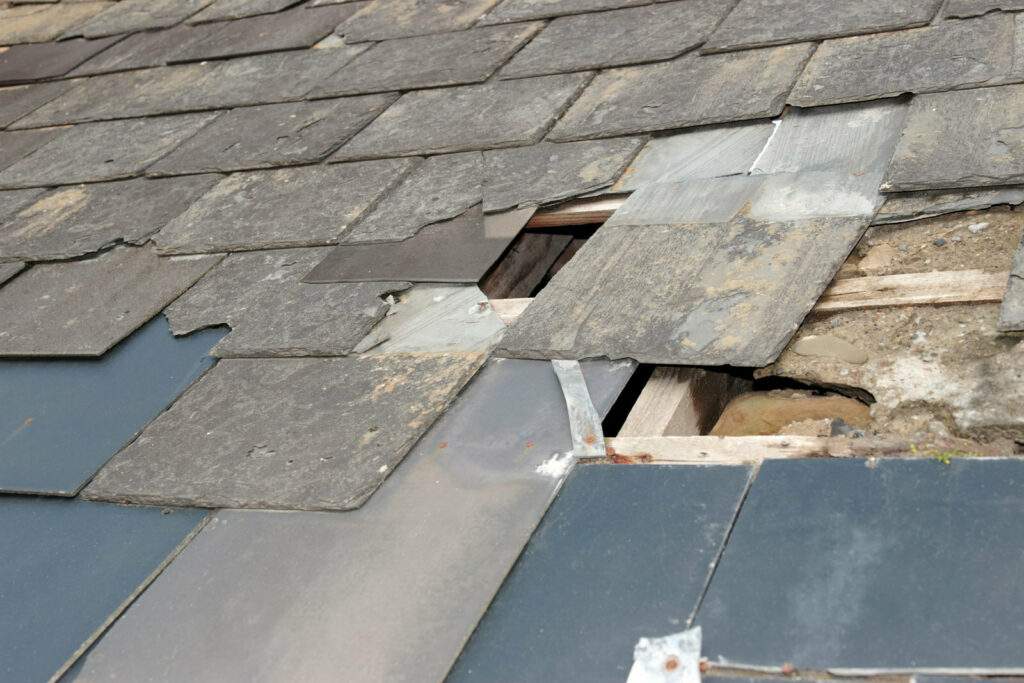
A major repair would be something like a leaky roof replacement or fixing foundation damage. Major repairs, for the purpose of this article, would be $10,000+.
Deciding whether or not to undertake expensive repairs can be difficult. If you don’t have the money readily available, then your decision may be simple: skip it.
If the needed repair is something that could negatively impact the safety of the occupants and the integrity of the house, then you may want to proceed with the repair. However, if you can’t or won’t make the repair, be sure to disclose any known problems, especially potential hazards that may present a danger to the next owner.
When a buyer has their home inspection done, most of the problems will be revealed, and the buyer will either expect you to fix them, or they will ask for a reduction in the price.
Before making repairs, ask yourself these questions:
- Who will buy a house needing major repairs? Will my house attract retail buyers or house flippers looking for a bargain?
- Are the repairs that my house needs so big and the problems so threatening that most retail buyers would not consider buying this house?
- Will the extensive repairs take several months to complete? Can I wait that long?
- Can I afford the repairs? Can I front the money for repairs and wait to get my money back out when I sell? Can I get financing to cover the repairs?
Some examples of major repairs:
- Roof replacement.
- Deck replacement.
- Foundation repairs.
- Whole-house window replacement.
- Extensive water damage.
Minor Repairs – $500 to $10,000
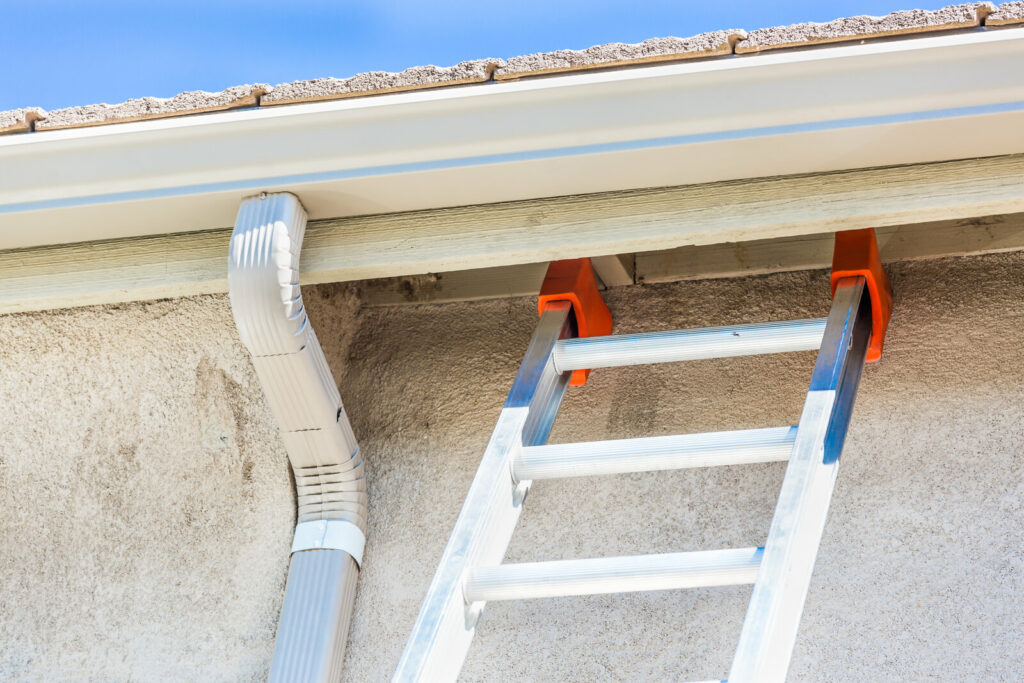
Minor repairs could be something simple like repairing a water leak or fixing some damaged boards on a deck, or something a bit more expensive like painting the exterior of the house. If your house has safety issues like a defective electrical panel, you probably want to fix that.
Examples of minor repairs:
- Repair water damaged flooring
- Paint a room
- Paint the exterior
- Replace gutters
- Electrical panel updates
Cosmetic Repairs – Free to $500
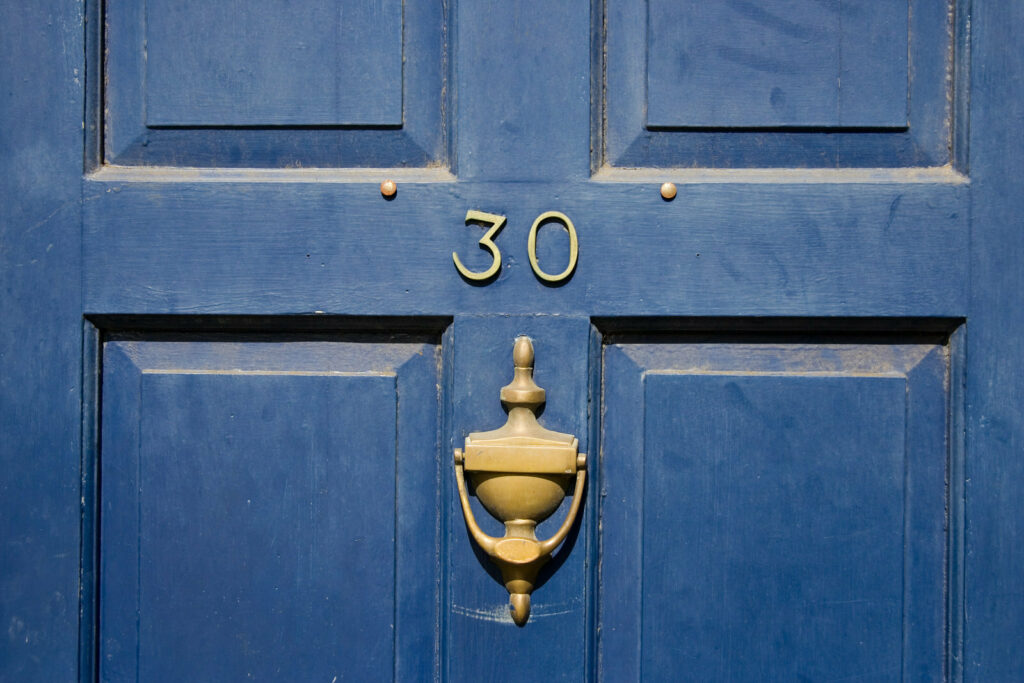
Cosmetic repairs are simple repairs such as fixing a dripping (not leaking) faucet or repairing small holes in a wall. This type of repair deals with issues that don’t impact the function and safety of a house and aren’t causing new damage to the house. Cosmetic repairs aren’t absolutely necessary, but they will make a house look better and be more desirable to potential buyers.
Some of these can be done quickly, cost little or no money and will return 100% or more of your investment, so if you have the time, these are worth doing. Make a repair list and tackle it as soon as possible.
To appeal to buyers when they look at a house for the first time, you need to get the cosmetic look right. These may be superficial, but if you want to get buyers to come back for a second look, the cosmetics have to be right.
Common examples of cosmetic repairs:
- Give your front door a fresh coat of paint. It’s the first thing buyers see up close.
- Paint rooms that have excessive scuffs or damage. Neutral colors are best.
- Patch holes in walls.
- Refresh caulk around tile, cabinets, countertops and other areas that have dried up or become discolored.
- Fix dripping faucets.
- Clean the bathrooms!
- Vacuum the carpets. Clean them if they have excessive dirt or stains.
- Wash the windows.
- Replace dead lightbulbs.
Ongoing Maintenance
Your house and yard need basic “curb appeal” so that when a potential buyer is driving by or arriving for a home showing, they will have a positive impression from the first moment they see the house.
Exterior
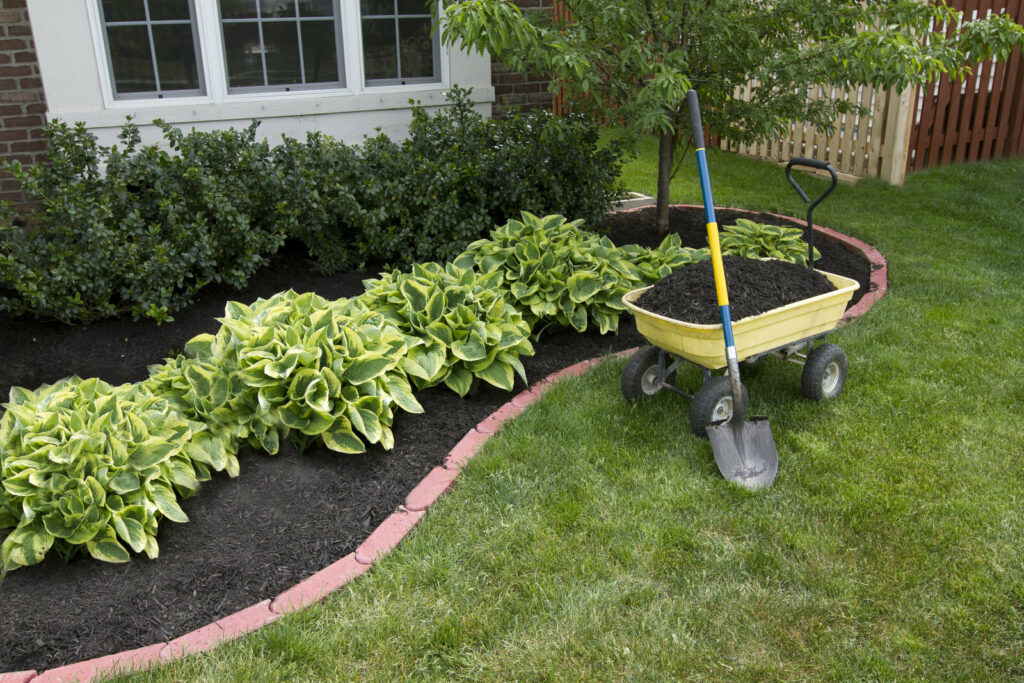
You need to do some simple, basic ongoing maintenance so that your home has curb appeal. Examples of maintenance to do:
- Keep the lawn mowed.
- Refresh the flower beds with pine straw or mulch.
- Keep the mailbox clean including the box itself and any flowers or bushes around it.
- Trim overgrown bushes.
- Remove weeds.
- Plant a couple of flowers near the front door.
- Sweep the driveway and walkways.
- Clean out the gutters.
These simple steps to improve and maintain curb appeal can make a significant difference in your final selling price, so take the time to do this.
Interior

Keeping your interior clean and clutter-free is essential if you want to maximize your selling price.
Buyers need to be able to visualize their own furniture and belongings in your house. If they see your personal items like pictures and papers and other items, it may be difficult for buyers to see themselves living there.
Follow these simple guidelines for your interior:
- Remove clutter.
- Keep the house clean and dust-free (especially oft-forgotten lighting fixtures, ceiling fans and tops of door frames).
- Remove pictures and other personal items.
- Less is more. You want some basic furniture so buyers get a feel for how things fit, but less furniture will make the house feel larger. You may need to put items in temporary storage.
Types of Homebuyers (Your Selling Options)
You have several viable options or ways for selling your house. Essentially, the option for selling equates to a type of homebuyer.
Not all homes are the same. Likewise, not all homebuyers are the same. Each buyer within the buyer pool has specific goals in mind when they buy a house. They have financial limitations: some will make cash offers, others will require financing. They have particular physical requirements for the home they are buying. Each buyer has their own tolerance level for problems in the house. Your house will appeal to one of more of the buyers listed below. Let’s look at each of these homebuyer types.
Retail Homebuyer
The most abundant type of homebuyer in the buyer pool is the retail buyer. These are traditional buyers, likely a family or individual who is buying a house to live in. They just want to buy a move-in ready house that will not require any work when they take possession of the house. This type of buyer typically works with a real estate agent to purchase a home. They usually pay close to the full asking price or the current market (retail) value of the house.
The selling process for retail homebuyers is well known:
- List your house for sale through a traditional real estate broker and agent, or…
- Sell it For Sale By Owner and do all the work yourself.
If your house is in poor condition, making a traditional sale like this is unlikely. You may need to explore some of the other options below.
Will Buy As-Is (any condition): No
Will Pay Full Retail: Yes
Will Pay Cash or Finance: Finance
Time Needed to Close: 1 to 2 months
Who Sells It: You or a Real Estate Agent
Convenience Factor (sold via Agent): 3 – Somewhat easy
Convenience Factor (sold For Sale By Owner): 1 – Hard
Advantages (via Agent): Maximum sales price. Agent assists.
Advantages (FSBO): No commission.
Do-It-Yourselfer
The DIY category is a small segment of home buyers. This is a bargain hunter who is looking for a house that needs work. They are not an investor, although they seek to buy the house at a discount, with the intent to repair or renovate it themselves and build some sweat equity in the process. They will live in the house and make repairs over time.
This type of buyer almost certainly needs to get financing and a sale to this type of buyer will take a similar amount of time as a Retail Homebuyer.
Will Buy As-Is (any condition): No (will accept some problems, but not all)
Will Pay Full Retail: No
Will Pay Cash or Finance: Finance
Time Needed to Close: 1 to 2 months
Who Sells It: You or a Real Estate Agent
Convenience Factor (sold via Agent): 3 – Somewhat easy
Convenience Factor (sold For Sale By Owner): 1 – Hard
Advantages (via Agent): Sell a house that needs some work. Agent assists.
Advantages (FSBO): Sell a house that needs some work. No commission.
Real Estate Investors
The vast majority of homes are owned by their occupant. However, investors own somewhere in the neighborhood of 15% of the single-family homes in the US. Investors fall into different categories based on their size and their business model.
iBuyer
This relatively new category of homebuyer is using large volumes of data and complex computer algorithms to make purchase offers to home owners. Included in this category of buyer are such companies as Zillow, Opendoor, Offerpad, Redfin and Orchard, among others.
Putting iBuyers in the Real Estate Investors category is up for debate. These companies certainly are speculating when they buy, but they function almost as real estate agents. They aren’t in business to buy and rent out the properties.
iBuyers will sometimes buy homes strictly based on data, without any inspection. Most, however, will require an inspection and will adjust their price according to the condition of the house.
iBuyers focus on homes that are in fairly good condition, although some may buy homes that require repair work. This type of buyer charges fees equivalent to or greater than those charged by a real estate agent.
iBuyers can close fairly quickly since they have cash ready to go once inspections and required repairs are made.
iBuyers quickly put the house back up for sale once the sellers have vacated the property. The advantage compared to selling through an agent is that there are no home showings, open houses and negotiating over multiple offers from multiple buyers.
Will Buy As-Is (any condition): No
Will Pay Full Retail: Yes
Will Pay Cash or Finance: Cash
Time Needed to Close: 2 to 6 weeks
Who Sells It: You
Convenience Factor: 4 – Fairly Easy
Advantages: Maximum sales price. Fast sale. Fairly easy.
Buy-and-Hold
This investor type is interested in buying property to hold it and rent it. Some are individual investors who own just one property, while others may own dozens. Then there are corporations or institutional investors that own thousands of homes across the country. The institutional investors are typically all-cash investors, so they can close quickly. Individual investors will probably need time to get financing.
Depending on the particular buy and hold investor, they may be interested in homes that need only minor repairs, while other investors prefer to buy move-in ready houses.
Will Buy As-Is (any condition): No
Will Pay Full Retail: Yes
Will Pay Cash or Finance: Both
Time Needed to Close: 3 weeks to 2 months
Who Sells It: You or a Real Estate Agent
Convenience Factor (sold via Agent): 3 – Somewhat easy
Convenience Factor (sold For Sale By Owner): 1 – Hard
Advantages (via Agent): Maximum sales price. Possible fast sale. Agent assists.
Advantages (FSBO): Possible fast sale. No commission.
Wholesaler
Real estate wholesalers work as middlemen. Their business model is to find distressed properties that an owner needs to sell, get a contract to buy at a certain price, then the wholesaler finds another buyer to assign the contract to at a slightly higher price. Wholesalers are not the end buyer, so they don’t use their own money and they don’t buy houses quickly. Their model is dependent on “locking up” a property for a period of time, during which they look for a buyer who does have the money to buy the house. The seller is not completing a sale unless or until the wholesaler finds a buyer.
The wholesaler normally does not do any work on the property. They leave that to their buyer, who is probably another investor.
Will Buy As-Is (any condition): Yes
Will Pay Full Retail: No
Will Pay Cash or Finance: Both
Time Needed to Close: 1 to 2 months
Who Sells It: You
Convenience Factor: 3 – Somewhat easy
Advantages: House in any condition. Fairly easy. No commission.
Fix and Flipper
This category of investor, as the name implies, buys a property that needs work, fixes it, then flips or sells the property for a profit. Some flippers are cash buyers, meaning they have their own funds to purchase a home, and don’t have to get a loan, but many do not, so selling a house to this type of buyer may take just as long as a retail buyer.
Flippers tend to focus on homes that need a large amount of work. Once they complete work on the house, the house will be sold.
Will Buy As-Is (any condition): Yes
Will Pay Full Retail: No
Will Pay Cash or Finance: Both
Time Needed to Close: 2 weeks to 2 months
Who Sells It: You
Convenience Factor: 4 – Fairly Easy
Advantages: House in any condition. Fairly easy. No commission.
Professional Home Buyer
This category of investor is similar to flippers, but they have their own funds to purchase properties. They buy a wide range of houses, from new houses to older, dilapidated and destroyed houses. All purchases are as-is condition, and they can close quickly since they have their own money.
You can expect to receive a fair price based on the current condition of the property and all the repairs the buyer will have to make once they acquire the property
Once acquired, the Professional Home Buyer will repair or fully renovate the house, then sell it.
Will Buy As-Is (any condition): Yes
Will Pay Full Retail: No
Will Pay Cash or Finance: Cash
Time Needed to Close: 1 to 3 weeks
Who Sells It: You
Convenience Factor: 5 – Easy
Advantages: House in any condition. Fastest sale. Easy. No commission.
Table of House Buyer Types
| Homebuyer Type | Will buy As-Is (any condition) | Will Pay Full Retail | Will Pay Cash or Finance | Time Needed to Close | Who Sells It? | Convenience Factor (1: Hard, 5: Easy) | Advantages |
|---|---|---|---|---|---|---|---|
| Retail – sold via Agent | No | Yes | Finance | 1 to 2 Months | Agent | 3 | Maximum sales price. Agent assists. |
| Retail – For Sale By Owner (FSBO) | No | Yes | Finance | 1 to 2 Months | You | 1 | No commission. |
| Do-It-Yourselfer – via Agent | No | No | Finance | 1 to 2 Months | Agent | 3 | Sell a house that needs some work. Agent assists. |
| Do-It-Yourselfer – FSBO | No | No | Finance | 1 to 2 Months | You | 1 | Sell a house that needs some work. No commission. |
| Investor | |||||||
| iBuyer | No | Yes | Cash | 2 to 6 Weeks | You | 4 | Maximum sales price. Fast sale. Fairly easy. |
| Buy-and-Hold – via Agent | No | Yes | Both | 3 Weeks to 2 Months | Agent | 3 | Maximum sales price. Possible fast sale. Agent assists. |
| Buy-and-Hold – FSBO | No | Yes | Both | 3 Weeks to 2 Months | You | 1 | Possible fast sale. No commission. |
| Wholesaler | Yes | No | Both | 1 to 2 Months | You | 3 |
House in any condition. Fairly easy. No commission. |
| Fix and Flipper | Yes | No | Both | 3 Weeks to 2 Months | You | 4 | House in any condition. Fairly easy. No commission. |
| Professional Home Buyer | Yes | No | Cash | 1 to 3 weeks | You | 5 | House in any condition. Fastest sale. Easy. No commission. |
Convenience Factor: Based on how much work is required to repair the house, how much of the selling the homeowner must do, whether or not showings and open houses are required, how quickly a sale can take place.
Cash or Finance: Some buyers require financing from a bank or other lender. This inevitably delays the sale while the loan goes through the approval process. All-cash buyers have their own funds, making the sale much quicker.
What to do Next
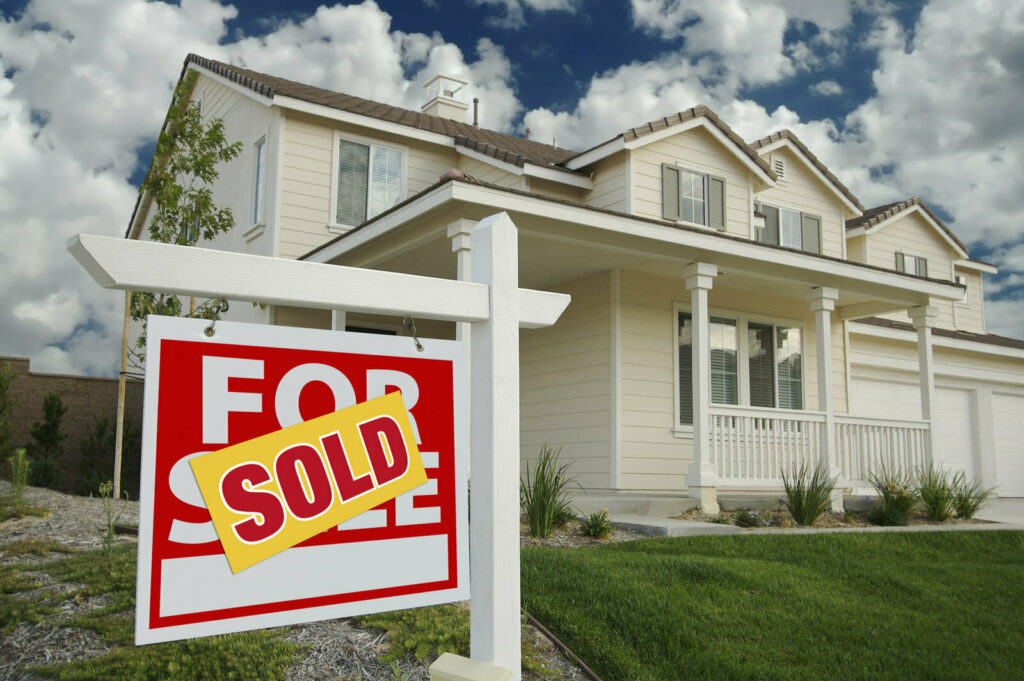
Selling a house that isn’t in pristine condition is doable. In fact, even if the house is completely destroyed, somebody will still buy it. If nothing else, the land still has value.
To sell any house, you have to make some hard choices about how much you want for the house, how quickly you want to sell, and how much effort or hassle you are willing to go through to make the sale.
Once you decide where you are on these factors, you can hone in on the type of buyer best suited to sell to and how best to sell it to them.
If you have a house to sell anywhere in Metro Atlanta, Resideum will make you an all-cash offer in 24 hours. We are a Professional Home Buyer. We buy houses in Atlanta and surrounding areas and will buy your house as-is. We can close in as little as 7 days so you get paid fast. You don’t have to fix anything in the house. You can even leave anything in the house that you don’t want. We’ll take care of it.
Just Some of the Areas Where We Buy Houses
To get a free, no-obligation cash offer on your house, just complete the form below. If you prefer to talk with us on the phone, call 678-710-6130. We are happy to talk with you any time.
Get More Info On Options To Sell Your Home…
Selling your house these days can be confusing and challenging. Connect with us or give us your info below and we’ll help guide you through your options.
What Do You Have To Lose? Get Started Now…
We buy houses in ANY CONDITION in Atlanta. Sell my house fast in Atlanta! No commissions or fees and no obligation whatsoever. Start below by giving us a bit of information about your property or call (678) 710-6130…
